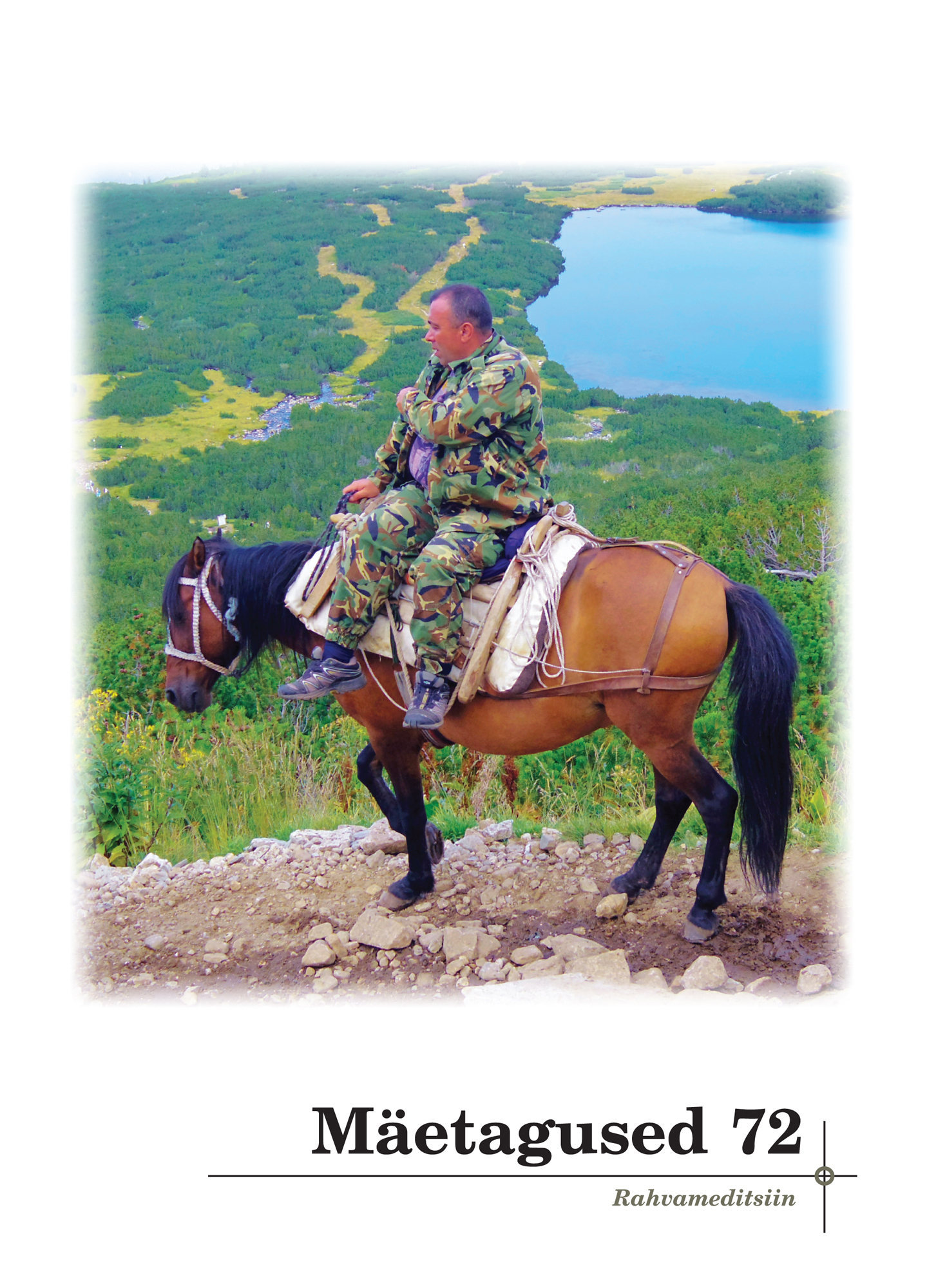Kultuuritundlikkusest ja rändetausta tähendusest palliatiivravis ja hospiitsitöös patsiendinarratiivide näitel
Cultural competencies and the meaning of migration history in palliative care and hospice work: A hermeneutic discussion guided by patient narratives
Author(s): Piret PaalSubject(s): Customs / Folklore, Cultural Anthropology / Ethnology, Culture and social structure
Published by: Eesti Kirjandusmuuseum
Keywords: palliative care; hospice; culture; migration; patient narratives
Summary/Abstract: This article discusses the need for cultural competencies in hospice and palliative care. The following discussion is based on patient narratives. The interviews (37) were conducted in Munich, Germany, in 2016. Half of the interviewees had a migration history. Thematic analysis revealed that (1) for most of the patients the aims of palliative and hospice care were ambiguous; (2) the end of life was connected with a loss of autonomy and wish for hastened death. Discussions about life, illness, and death were not perceived as burdensome, whereas discussing the end of life seemed challenging. A comparison between two groups revealed that for people with migration history the notion of ‘dying at home’ may cause additional suffering, and thus may need screening and additional attention from professionals. Cultural competence in the hospice and palliative care setting is providing safety by treating each patient as an individual and not as a member of some specific group. The task for medical anthropology in this context is to strive for research free from standpoint epistemology and stereotypes.
Journal: Mäetagused. Hüperajakiri
- Issue Year: 2018
- Issue No: 72
- Page Range: 5-22
- Page Count: 18
- Language: Estonian

